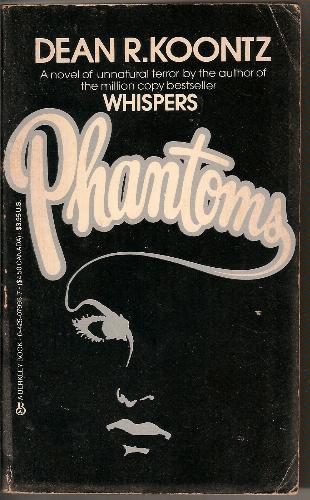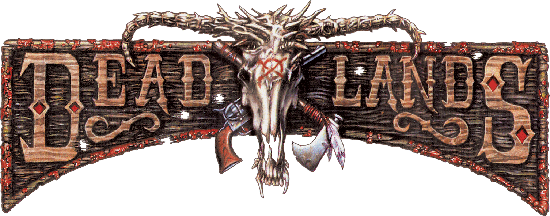
Okay, that’s a lie. I read a Heinlein novel during a university course on science fiction. It was Starship Troopers, and it was contrasted with Haldeman’s Forever War. And I may have read part of The Puppet Masters, but since I only remember a bit about how some clothing (hats? coats? tops?) was being outlawed, it is more probable that I just picked it up at the neighbourhood secondhand bookstore and read a few pages. I liked to hang around the SF section and do that sometimes, and it’s left me with an eclectic collection of snippets–that bit, something about a Doctor Who novelization in which a villain had attached a canister of horrible mutagen to Peri[1], and a rich tourist who went to the Savage Theme Park of New York and was stuck there after it was closed for the season.
(Those bits are rather vague, since I would have been between seven and eleven at the time–more than two decades ago.)
But when I was growing up, I didn’t read Heinlein.
I have been thinking, lately, about a line from Toni Weisskopf’s blog post, “The Problem of Engagement,” which runs:
Well, Heinlein is one of the few points of reference those fans who read have. Of course we all read Heinlein and have an opinion about his work. How can you be a fan and not?
I am a fan who reads; horror by first choice, yes, but I always read SF and fantasy when there wasn’t enough horror around. I have loved Worlds-That-Are-Not (or Worlds-That-Are-Not-Quite) for many many years, and I found them through books. I have been, I would have said, one of those “fans who read” for a very long time.
But I didn’t read Heinlein.
See, the first time I picked up Heinlein with a recognition of who the author was supposed to be (this name I’d heard about, seen on book spines, was told was incomparable), in the hope that I would enjoy it? I would have been about twelve; my family was in Algeria at the time, and the English fiction library we had access to was in a repurposed basement. The entirety of the genre section was a single bookshelf, and I made a heartfelt effort to go through all of it.

I’m going to digress for a moment, and talk about Dean Koontz.
I discovered Dean Koontz and Stephen King on that same bookshelf (while I’d seen a secondhand hardcover of Cujo a few years earlier, I hadn’t been allowed to read it). Dean Koontz was easier to get a hold of, and often more snappily paced, and I would guess I read a good twenty or so of his books in the next few years. I probably overdid it, and I’d occasionally joke about how I could summarize the commonalities of plot of his novels in a single sentence. I got bored with him, and quit reading. (I’m drifting back, now, but that’s another story.)
But.
When I was twelve, when I was bored and had basically no-one to talk to, when I was starving for something to read and I went through that bookcase, here is what I found in the first handful of pages:
- The first Heinlein novel I picked up, I read about a guy watching his daughter strip her top off and being proud that she was checking with her husband instead of with him to be sure it was okay.
- The first Koontz novel I picked up, I read about a doctor who was taking care of her little sister and who’d bluffed an evil biker gang leader[2] into believing that she was too damn scary to mess with.
Goddamn right I wasn’t interested in more Heinlein. And my take on his work is and remains “I don’t know it,” and I don’t think that’s informed or detailed enough to count as an opinion.
And when I was back in Canada… well, I met other people I could talk to about this genre thing, and we swapped recommendations, and I know some of them liked Heinlein but none of them ever made anything he’d written sound cool enough for me to bump him onto my must-read list. And then there were things like university and work and now, sad as it makes me, I don’t have the time to read that I used to. For a little while in eighth grade I was getting through five books a week. These days I’m lucky to clear eighty books a year.
It doesn’t make me happy, but I can live with that.
So when it comes to the question of
Of course we all read Heinlein and have an opinion about his work. How can you be a fan and not?
It’s not that hard. You just find other things that suit you better, and listen for things that people describe in such a way that they sound actually enjoyable, and you don’t have unlimited time.
And to that, Weisskopf wrote:
So the question arises—why bother to engage these people at all? They are not of us. They do not share our values, they do not share our culture.
I can live with that, too. And my reaction to that is much the same as my reaction when I put down Number of the Beast. I don’t have time for this, I have not seen enough to suggest I will enjoy this, and so I will leave this behind and go find something that will brighten or deepen or enrich my day.
And if that decision means I am not of your culture, that I do not share your values, I am sure we will both be much happier for it.
—
[1] Unsurprisingly, it didn’t work. If I recall correctly, the mutagen canister was removed from where it was attached to Peri’s belt, and was ?thrown? at the villain, where it interacted with a wooden stake he was standing near. The mutagen then worked on the wooden stake, causing it to explode outwards into a spiky lattice of stake-y wood and skewer the villain to death.
[2] I am not saying Phantoms was particularly nuanced. (Jeter, the man in question, is further developed later in the novel. I would say the development was done to add horror, not subtlety or multi-faceted characterization.)


